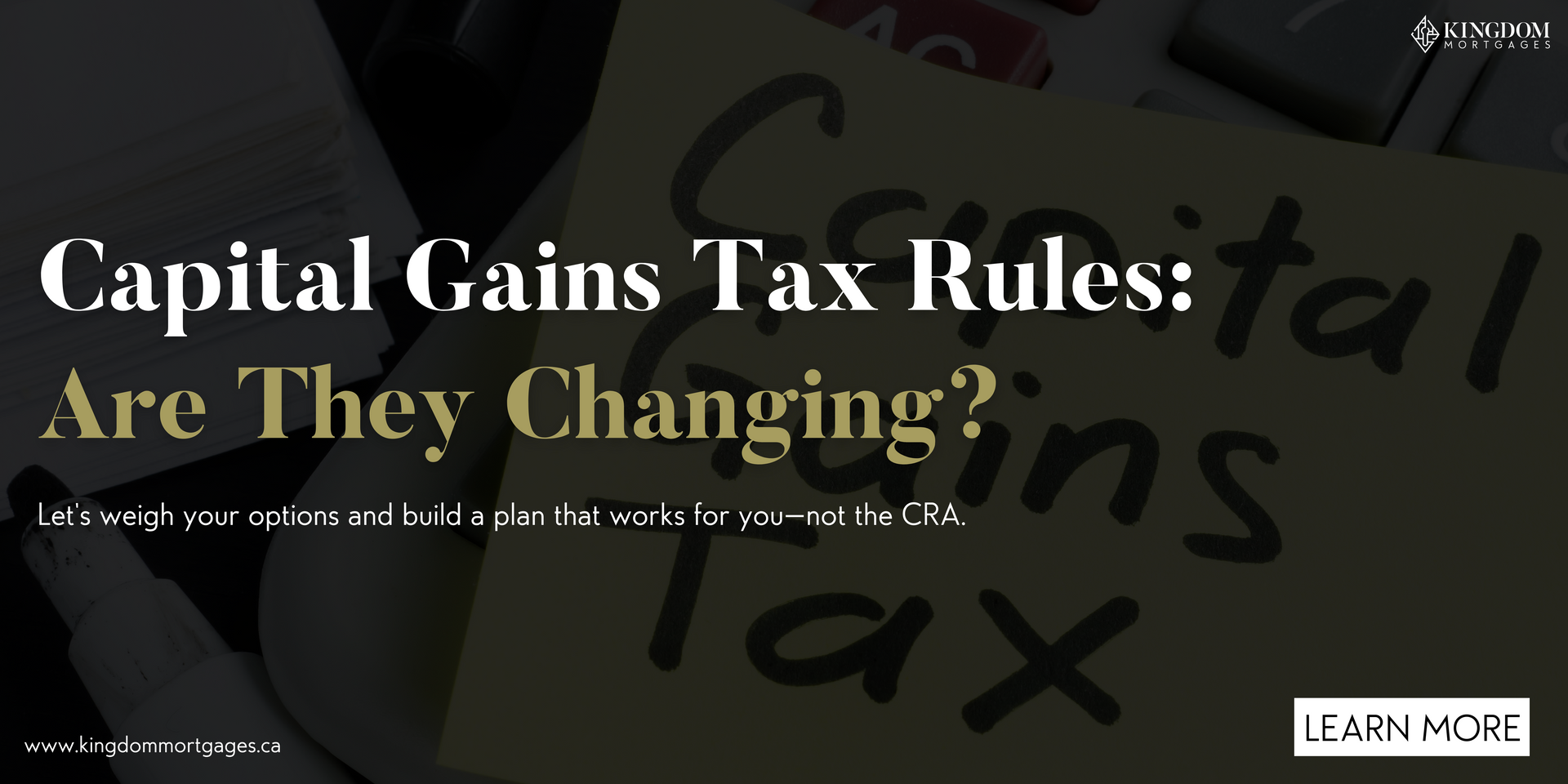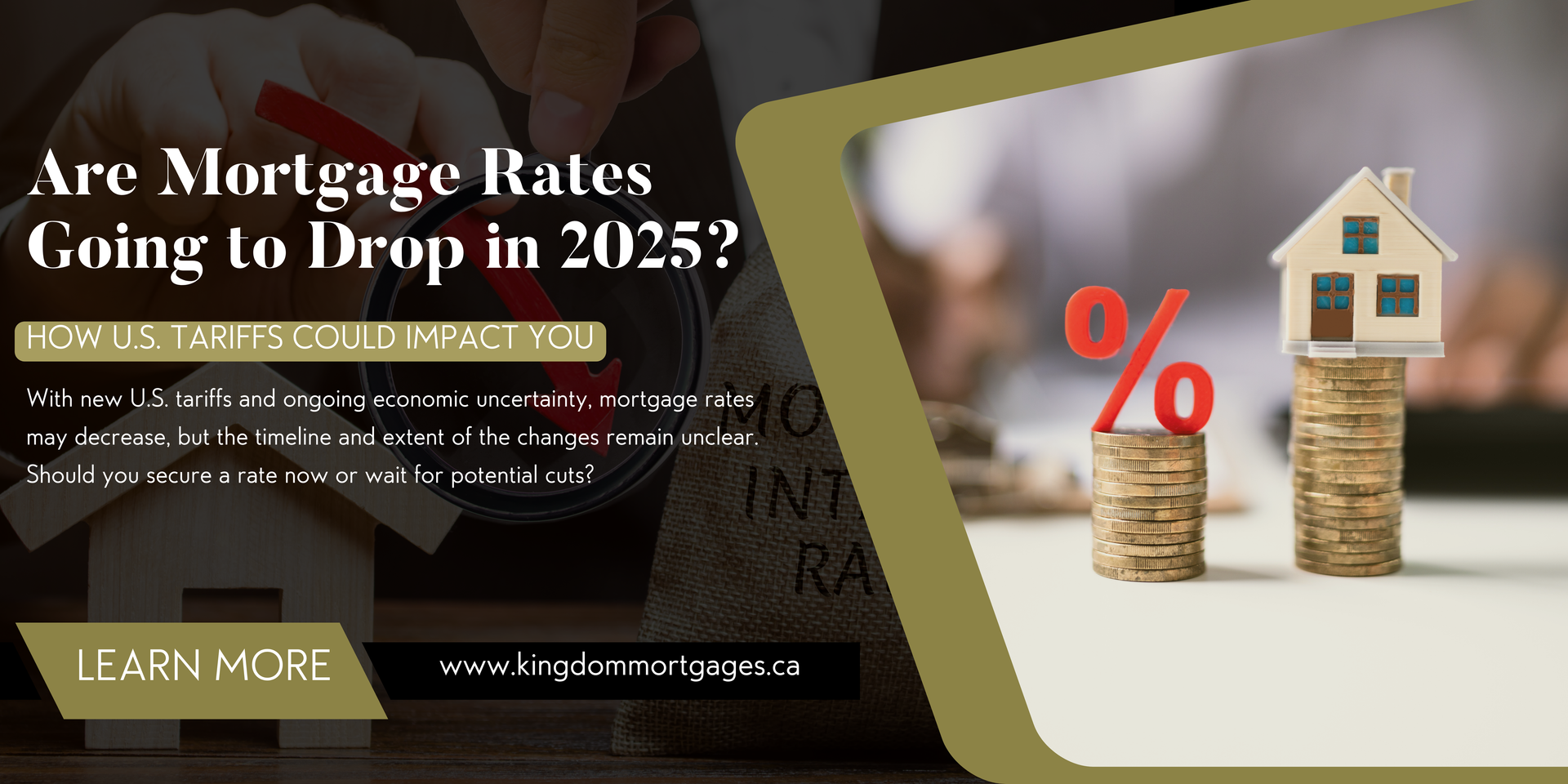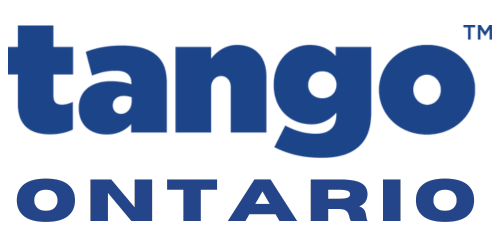Tools For Homeowners
Every homeowner experiences the pain of maintenance eventually. As with all things in this world, things break down around the house due to natural deterioration or in the event of an accident. The result of which is usually you calling over a professional to fix the problem.
However, instead of hiring someone for every little repair job, you can make one time investments into a good set of tools and learn how to do it yourself. Not only does this significantly reduce the burden on your finances in the long run, but you also get to experience a fulfilling sense of accomplishment with each fix. However, you should still hire someone more qualified if you feel like you’re out of your depth.
Here are some typical tools that every homeowner should own (remember to always use the necessary safety equipment i.e. gloves, glasses and boots):
-Claw Hammer
Claw hammers are a versatile tool for any situation. Most small fixes only ever require the right tap in the right place. Furthermore, the claw at the end is a handy gadget for removing unwanted nails and prying things open.
-Screwdriver
A decent set of screwdrivers goes a long way since everything from electronics to furniture is held together by screws these days. Even if whatever you need to fix is mostly clips, you still need a screwdriver to help pry it open. Just make sure you have both Philips and flatheads
-Allen Keys
Similarly, Allen or Hex keys are indispensable as a standard household tool, especially if you’re a fan of IKEA furniture.
-Hand Saw
Hand saws are another straightforward yet versatile tool. Often you will need to cut pipes and planks down to size or even prune some of the larger branches from the tree in your backyard. A hand saw may not be as powerful as a circular or jigsaw, but it is easier to store and use.
-Cordless Drill
Another exceptionally useful tool is the cordless drill. Being cordless, you can use this machine anywhere and everywhere as long as its charged. Just make sure you have a comprehensive set of drill bits so that you don’t have to waste time running to the store every time.
-Tape Measure
An often underrated tool in the average homeowner's toolbox is the tape measure. Although some people prefer playing it by ear, measuring and calculating distances and size can save in terms of material costs if there is a mistake.
-LED Flashlight
You may think a flashlight cannot be as important as some of the other tools described here but then you would be wrong. Flashlights are handy when working in the night and when looking into small spaces away from any source of light such as between slats, under beds etc.
Are you tired of having to get your landlord to make repairs? Let us help you buy your first home.
Rock Capital Investments Inc. Brokerage #10556. Each office is independently owned and operated. Proud member of Mortgage Centre Canada.











